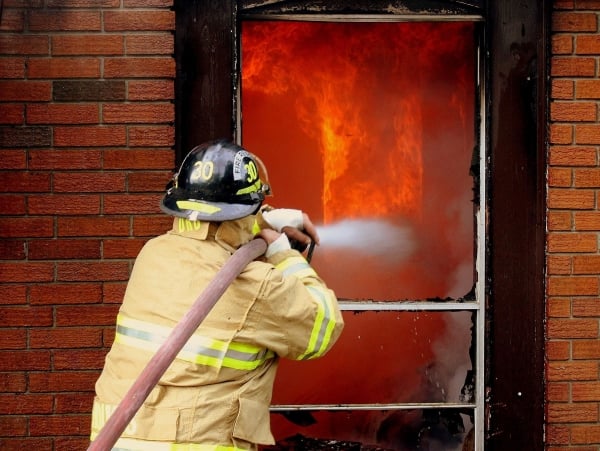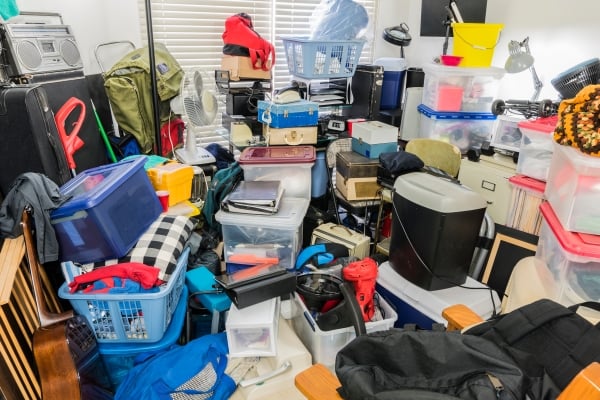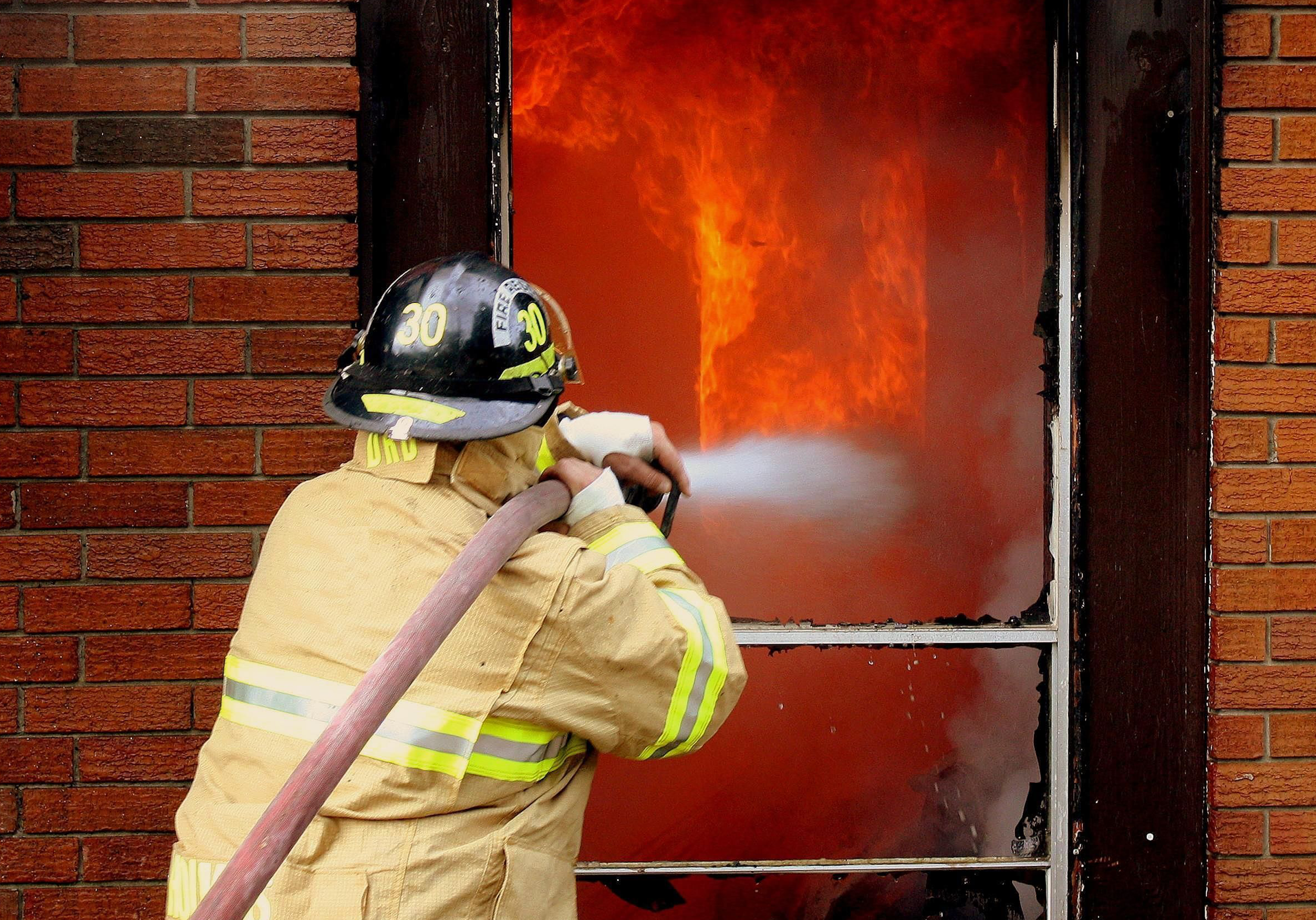Part II of the If Fire Strikes, Make Every Second Count series.
No one wants to contemplate what it would be like to have their home catch on fire, but if yours does, you’ll want firefighters to extinguish the flames as quickly as possible.
Fortunately, you can help firefighters respond swiftly. In fact, one of the biggest factors affecting firefighters’ speed in putting out a home fire is what you do long before a fire sparks. Taking a little time now could make a huge difference later, reducing property damage and possibly saving lives.
Before we cover home-preparation tips, we want to remind you: if a fire starts, always call 911 immediately. Decide after calling if it’s safe to try to extinguish the fire yourself. If it isn’t, evacuate.
 You can help firefighters save your home if a fire starts by preparing now.
You can help firefighters save your home if a fire starts by preparing now.
Related:
If Fire Strikes, Make Every Second Count: Access to Your Business
Are you unintentionally blocking firefighters’ paths?
When firefighters arrive at your burning home, the faster they can get to the flames, the better. You might be surprised at just how many obstacles they have to overcome to reach their destination. Removing those obstacles makes it easier for them to put the fire out, minimizes water and smoke damage to your home, and makes it easier for you to evacuate quickly and safely.
 Cluttered rooms and hallways can prevent firefighters from doing their job.
Cluttered rooms and hallways can prevent firefighters from doing their job.
Related:
Underwriting Property: A Guide to Fire, Wildfire, and Earthquake Risk
Many people aren’t aware of how their everyday practices might impede firefighters’ way. Let’s explore some of these practices and how you can help firefighters help you.
- Fences and carports: These often include gates and locks blocking firefighters’ paths. Firefighters either have to barrel through them or find another path into the home. Both these steps take time, slowing down response and delaying the goal of extinguishing the flames. Make sure there’s always an accessible path into your home from all directions: the front, both sides, and the back. If you have questions on how firefighters would access your home during an emergency, call your local fire marshal and ask for guidance.
- Items stored alongside your home: Anything from lawn furniture to lumber to cinder blocks will hinder firefighters. In many new housing developments, homes are built close together, meaning even small items between the structures can become large obstacles to a swift fire response. Clearing the space around your home of debris will give firefighters the room they need to move quickly. If your home is close to your neighbor’s, consider storing nothing between the structures.
- Significant clutter inside your home: When firefighters enter a hallway or room filled with bookcases, clothing racks, furniture, electronics, and other items, they can’t advance quickly to the fire. Keep your home clutter free to ensure your hallways and rooms are easily navigable.
- Solar panels on the roof: During a fire, firefighters may need to cut a hole in the roof to create ventilation for smoke to escape. Firefighters can’t efficiently cut through solar panels. Depending on how the panels are situated, firefighters may have to use another method, such as breaking out a window or cutting a hole in the side of the house. These alternative methods may not be as effective as using the roof. Before you install solar panels, do your due diligence. Check with your fire marshal for suggestions on how to arrange the panels to allow for a swift firefighter response.
A doubly dangerous hindrance
Another obstacle to a swift firefighter response is especially easy to overlook because it’s ubiquitous: vegetation. Plants, especially bushes, can block firefighters’ paths. Here in Washington state, blackberry bushes create fire hazards in part because they grow so quickly. Plants also feed a fire and increase the chances a fire will spread from one home to another. If you have bushes or plants surrounding your home or between your home and your neighbor’s, maintain them consistently or consider removing them.
People who live in the wildland-urban interface (WUI) need to be especially careful about vegetation and other flammable materials around their homes. If you live in the WUI, visit the National Fire Protection Association’s Firewise USA website to learn more about how to protect your home.
You can also pick up home fire safety tips from your local fire department. Visit the department’s website or call your nearest station to learn about public education events, such as fire safety classes, fire extinguisher training, and station tours.











